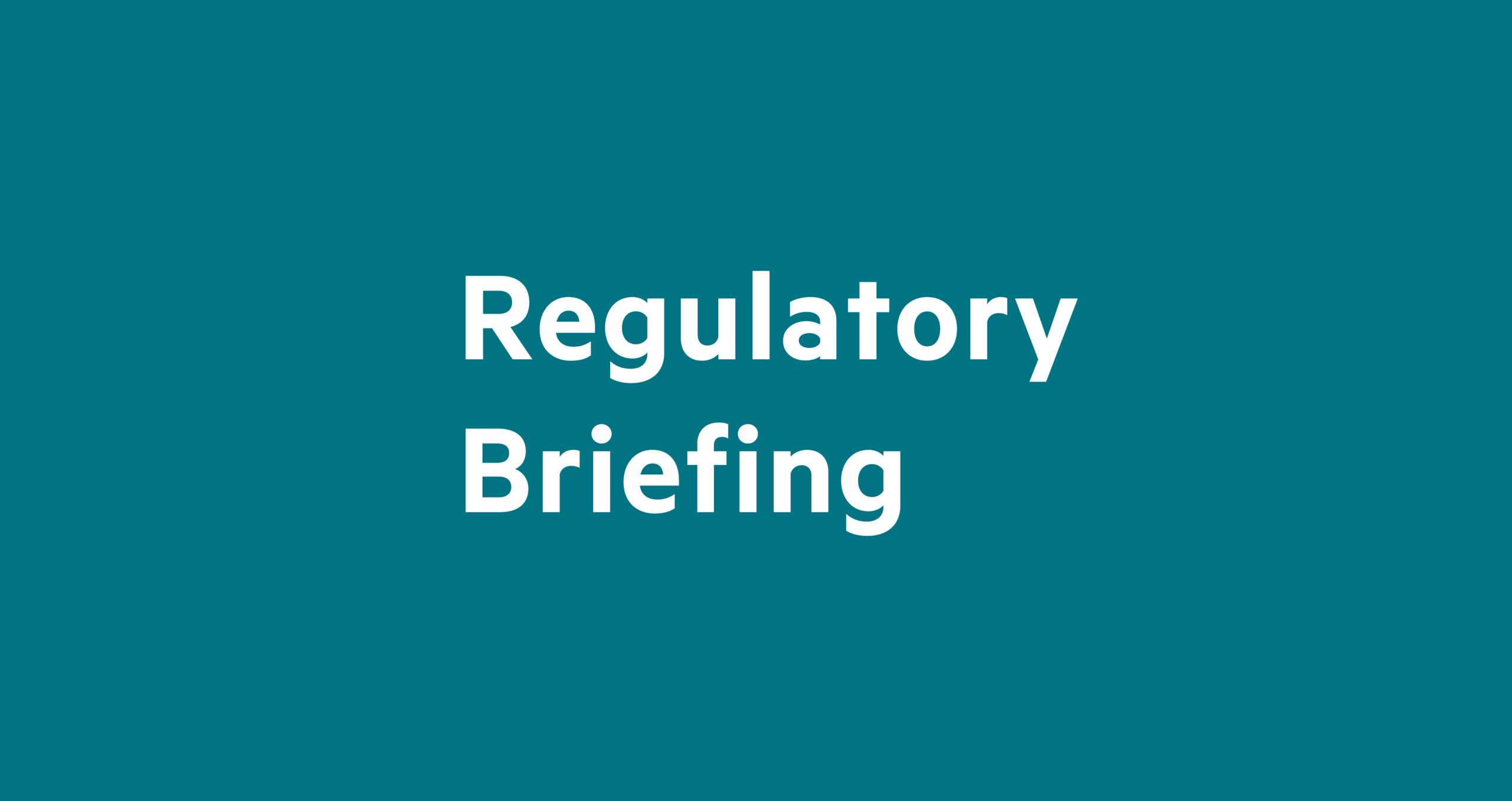

In its own climate-related financial disclosure, the UK’s financial markets regulator highlights that current policies would lead to a “hot house world” scenario, which could force it to focus almost entirely on emerging harms suffered by consumers. Discretionary activities, including market intelligence, would have to be scrapped.
The new document – published in a week of record temperatures in the UK – is an account of how the Financial Conduct Authority would be affected by climate change, putting it in line with the organisations it oversees. In January last year, the regulator brought in new rules on climate-related disclosures for listed companies, asset managers and FCA-regulated asset owners.
The FCA considers two other scenarios over a 30-year time horizon in its analysis, mirroring the work of central banking group Network for Greening the Financial System. In the first scenario, policies are introduced early and gradually to keep temperature rises below 1.5°C. In the second, the same objective is met but at higher costs because of divergent policies across countries and sectors. In the “hot house” scenario, carbon emissions grow until 2080 rising temperatures by 3°C.
The FCA objective. FCA environment, social and governance director Sacha Sadan writes in the report: “We are committed to holding ourselves to the same standards of reporting and to playing our part in supporting the government’s commitment to achieving a net-zero economy by 2050. The FCA wants to role model high-quality reporting.”
He adds that the new document is a first attempt, and that the organisation needs to do more to strengthen the sophistication of its analysis.
Climate change creates both risks and opportunities for all economic actors, the document says – but there is little upside in the report, at least for FCA operations.
“Hot house”. Under this bleak scenario, the report declares: “Worsening economic conditions and reduced long-term savings levels will significantly weaken many consumers’ financial resilience and increase vulnerability. In addition, firms providing secured lending and insurance underwriting relating to assets exposed to physical risks would face severe financial losses.
“Responding to significant consumer harms such as reduced access to products, poor treatment of vulnerable consumers and sale of unsuitable products across retail sectors would likely require a large amount of supervisory resource. We would also need to strengthen our oversight of how firms offering general insurance and mortgage lending factor granular physical risk data into their decision-making.”
The FCA’s regulatory strategy would need to focus “almost entirely” on responding to harms as they crystallise, and away from more discretionary activities including thematic supervisory work, market intelligence and innovation-related work.
In practice. In line with the best practice it seeks to role model, the FCA explains the impact of the “hot house” scenario on its own operations: the organisation could face business continuity disruptions attached to a significant increase in heatwaves, flooding and power outages.
Such extreme weather events could disrupt the ability of staff to work both in the office and at home. In June 2021, flooding across parts of east London, in close proximity to its Stratford office, demonstrated that flooding represents a material physical climate risk for the organisation.
Similar Articles

Beware the ‘financialisation of the forest sector’

High Court rules, again, against UK government climate plans


